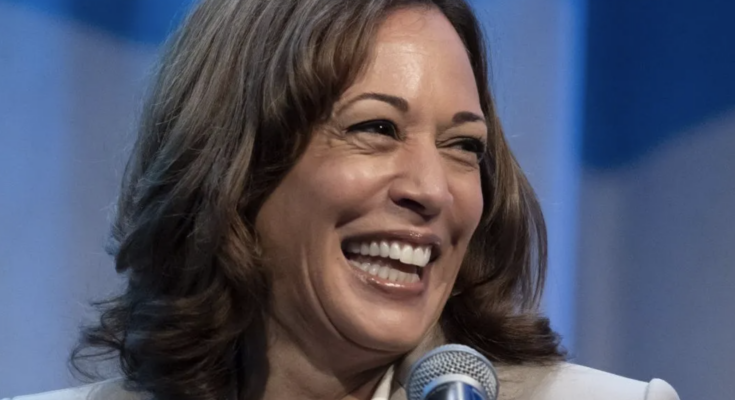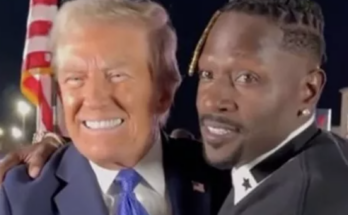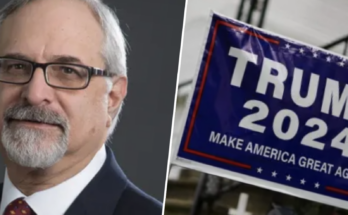The same party who whines about ‘data protection’ was caught red-handed recently for breaching that principle for political gain. Vice President Kamala Harris’s campaign has been in hot water recently after being exposed to exploiting students’ personal data to push voter registration, raising serious ethical and legal concerns.
Hundreds of thousands of students from Arizona’s public universities—Arizona State University (ASU), the University of Arizona (UA), and Northern Arizona University (NAU)—received unsolicited text messages from the Harris campaign, urging them to register to vote.
These messages specifically targeted young voters, reminding them of the registration deadline and suggesting they use their dorm addresses, a move some see as an attempt to tip the balance in a tightly contested state.
Leading the charge against this breach of trust is State Senator Jake Hoffman, a Republican from Queen Creek. Hoffman is launching a full investigation, decrying the universities’ release of students’ contact information without consent. “The breach of students’ personally identifiable information to a political campaign raises serious ethical and legal concerns,” Hoffman declared.
He added that these actions may have violated Arizona state law, specifically ARS 16-192, which prohibits the use of state resources for election interference.
What’s even more shocking is that this data, which includes sensitive contact information, was reportedly denied to Republican groups like Turning Point Action and the Trump campaign.
Charlie Kirk, conservative activist and founder of Turning Point, expressed outrage over the unequal treatment, saying, “We were told, ‘No, we don’t do that,’ when we asked for the same student data. Yet, somehow, the Kamala Harris campaign was given full access to text hundreds of thousands of students.”
The AZ state senator echoed the concerns, stating, “Here, it looks like the red carpet was rolled out to the Kamala Harris campaign.”
Hoffman and Kirk said this points to potential collusion between public universities and the Democratic Party, raising the possibility of illegal election interference.
Democrats have long decried the misuse of personal data, championing themselves as protectors of privacy and consumer rights.
Yet, as this scandal unfolds, it becomes clear that these principles are conveniently abandoned when it benefits their political ambitions. This gross exploitation of student data sets a dangerous precedent, not only for voter manipulation but for the sanctity of personal privacy.
Republicans in Arizona aren’t letting this slide. Hoffman’s investigation aims to uncover how the Harris campaign obtained the student data. According to statements from university officials, directory information like phone numbers and majors can be made public unless students opt out.
However, the fact that the Harris campaign managed to send mass texts while Republican campaigns were denied similar access signals potential favoritism, raising questions about fairness and transparency in public institutions.
Worse still, Hoffman has received reports of similar texts sent to students in Nevada, Georgia, Michigan, New Mexico, New Hampshire, and North Carolina—signaling a widespread, orchestrated data breach.
“I’ve received documented evidence from students across the country that this same text message, or a very close variation, was sent to all of their students as well,” Hoffman revealed with alarm.
While Democrats cry foul over election integrity when it suits them, their actions tell a different story. Hoffman’s investigation will shine a light on how far the left is willing to go to manipulate an election, even if it means breaching the very data protections they claim to defend.
“This scandal proves once again that, for Democrats, it’s power over principle—no matter the cost,” Hoffman stated.



